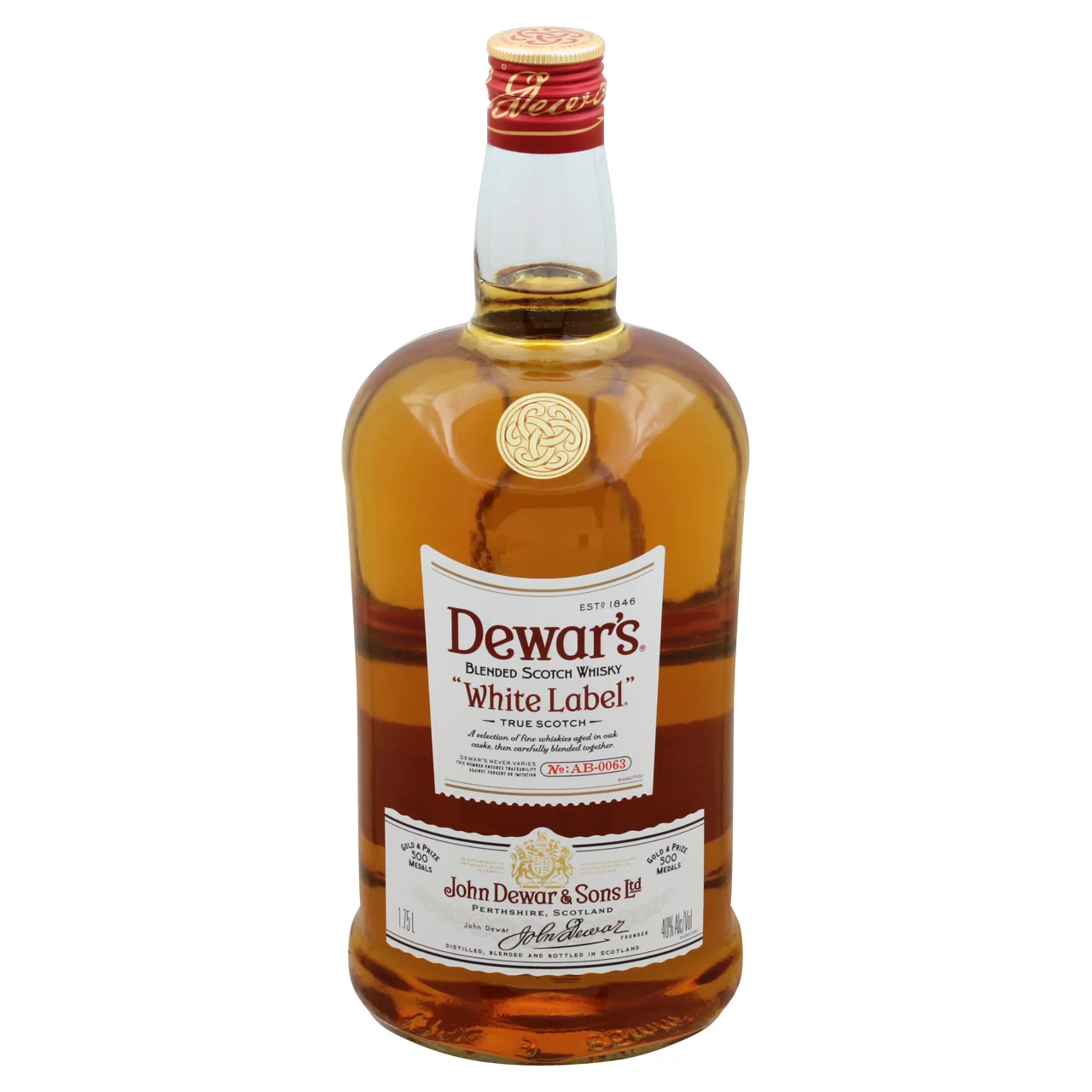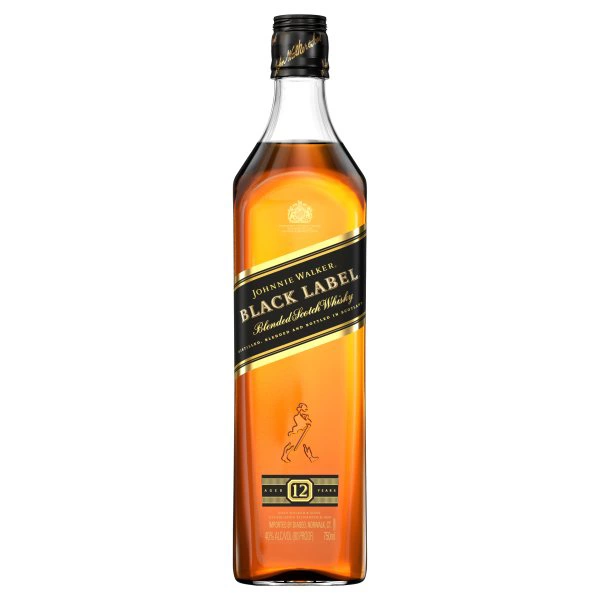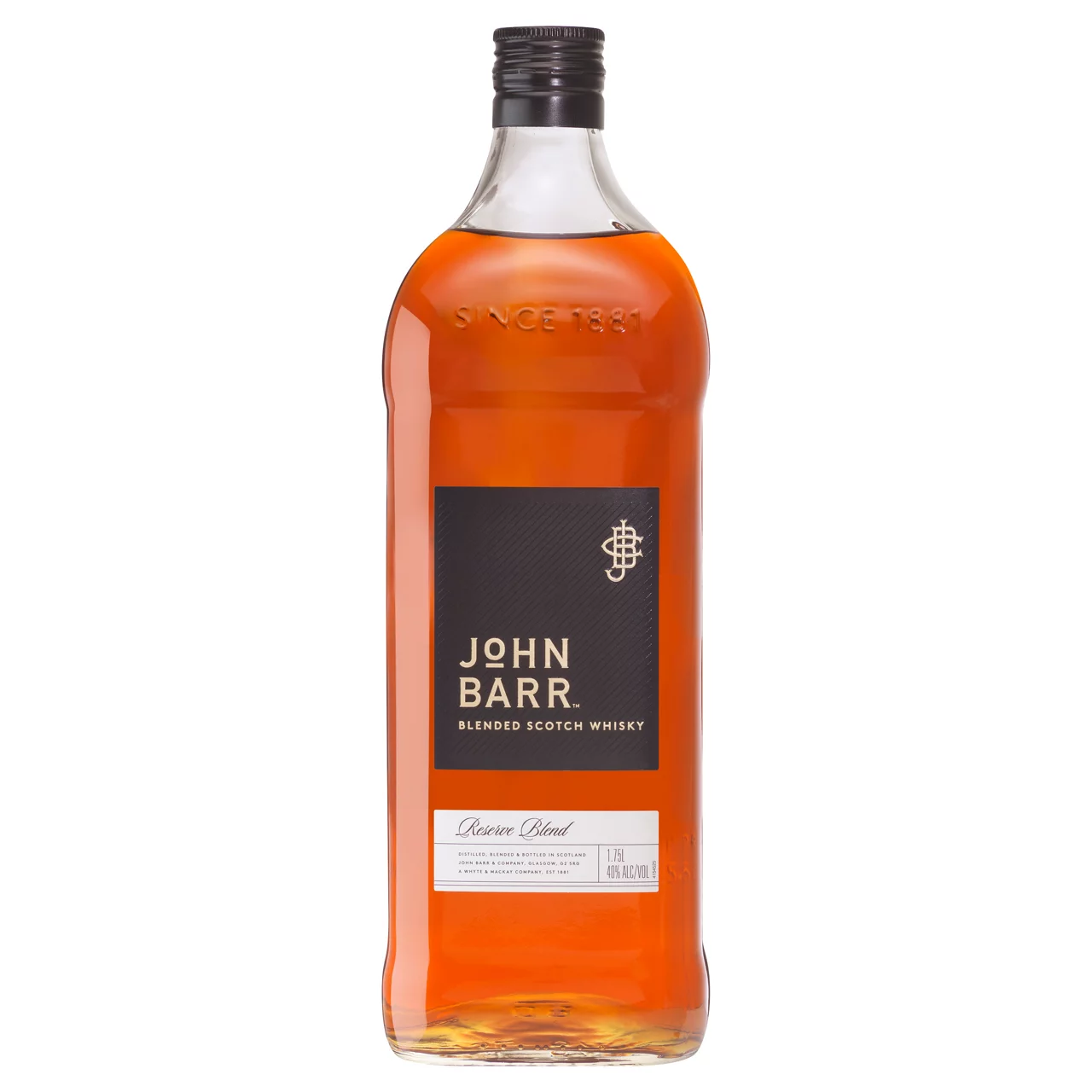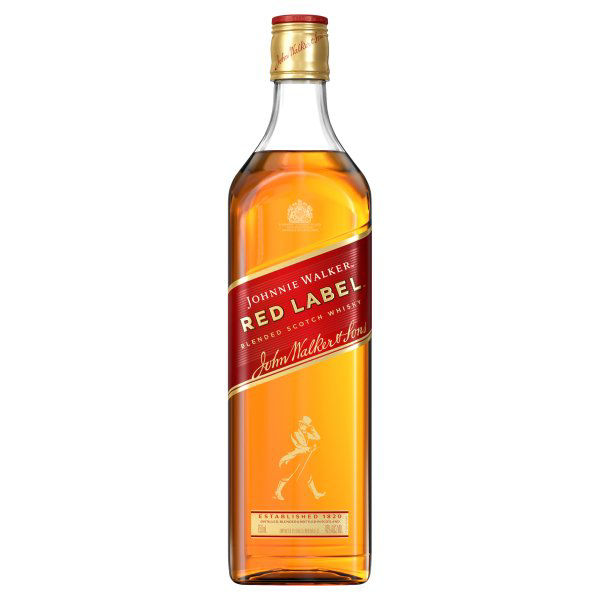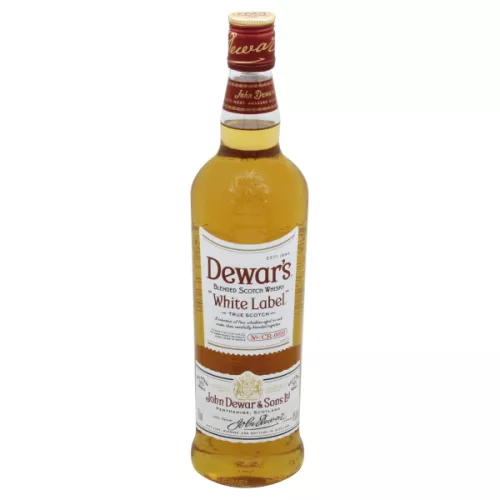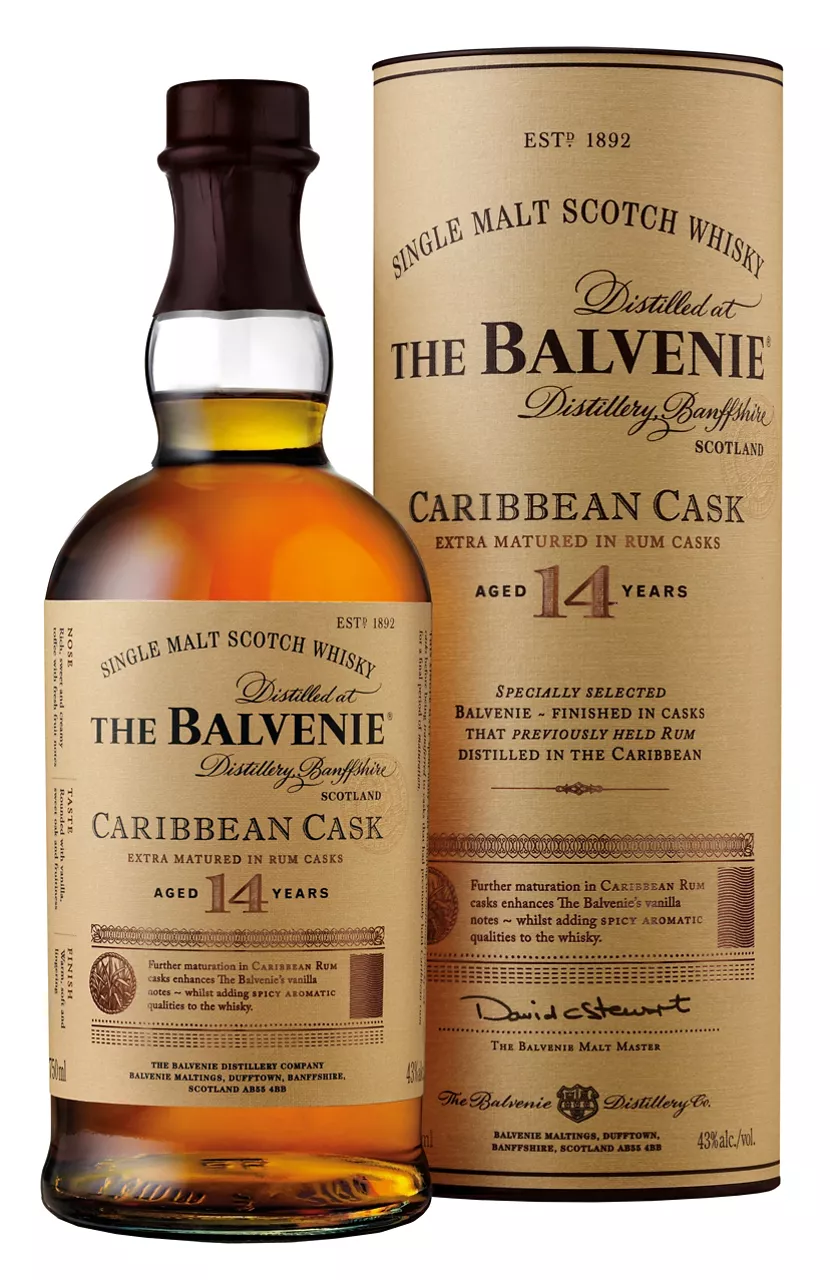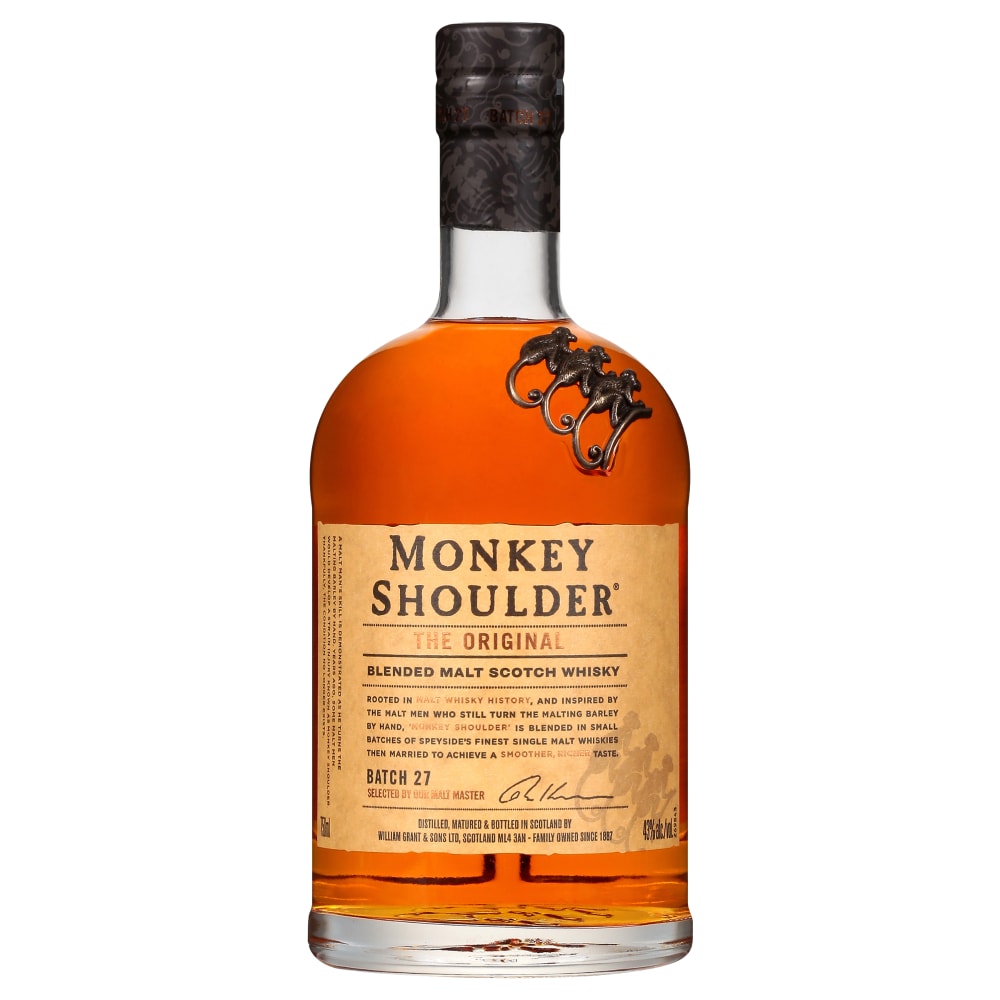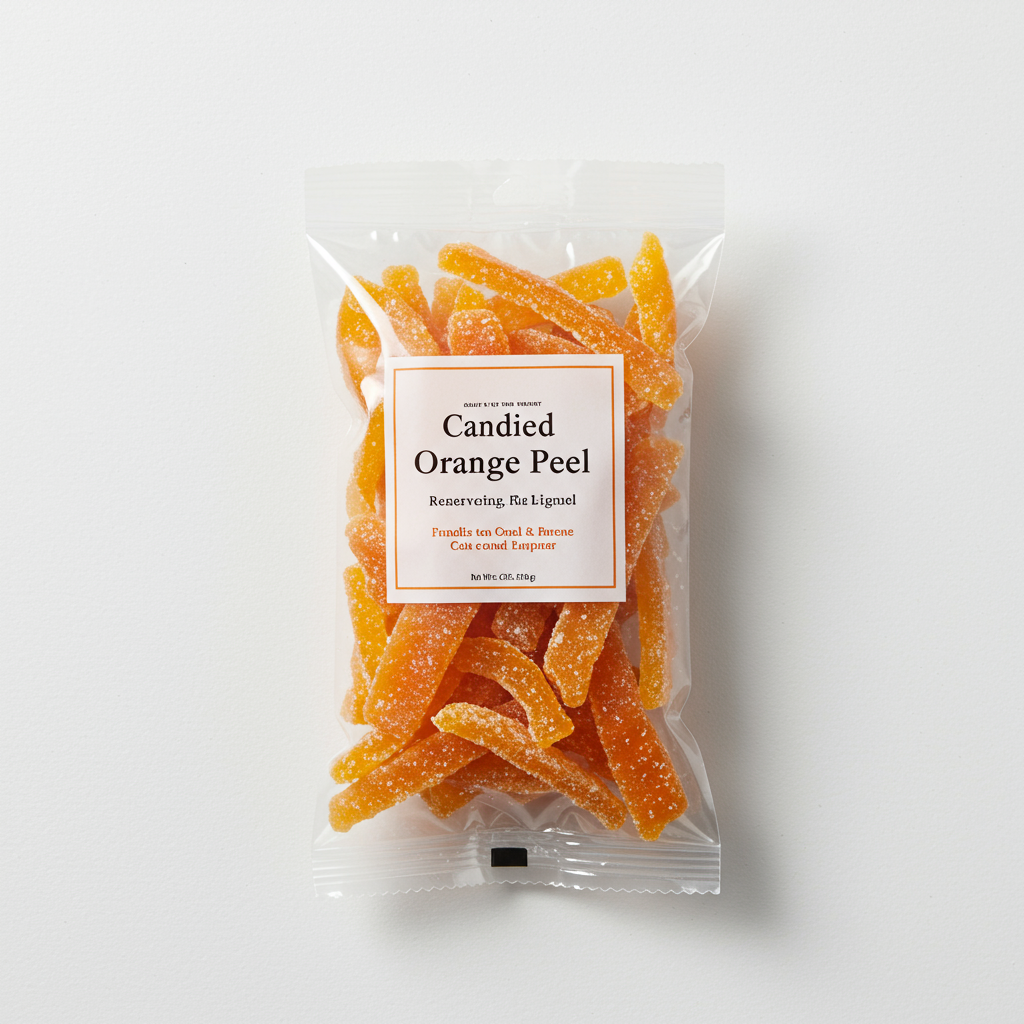COCKTAILS
BEVERAGES
Scotch
Scotch, also known as Scotch whisky, is a distinctive alcoholic beverage originating from Scotland. It is made primarily from malted barley and aged in oak barrels for a minimum of three years, with some varieties aged for much longer durations. As Scotland's most famous export, scotch is celebrated worldwide for its distinct flavor profile, which is shaped by regional characteristics and production methods.
Enjoyed by many for sipping and slow savoring, scotch can be enjoyed neat, on the rocks, or in cocktails such as the Rob Roy and the Rusty Nail. The different regions of Scotland produce unique flavor profiles, ranging from the peaty, smoky expressions of Islay to the softer, fruitier notes of the Speyside malts, making scotch a versatile drink that can be tailored to individual preferences.
657 Scotch Products
Dewar's White Label Blended Scotch Whisky, 1.75 L Bottle, ABV 40%
Johnnie Walker Black Scotch Whisky
Johnnie Walker JW Red Label Red Label Blended Scotch Whisky
John Barr Reserve Blend Scotch Whisky
The Glenlivet Aged 12 Years Single Malt Scotch Whisky
Johnnie Walker Red Scotch Whisky
Johnnie Walker 12yr Black Label Blended Scotch Whisky - 1.75L Bottle
Dewar's White Label Blended Scotch Whisky
The Balvenie Caribbean Cask 14 Year Old Single Malt Scotch Whisky
Monkey Shoulder Whisky, Blended Malt Scotch
Used In 1 Recipe
Scotch Is Frequently Used With
Scotch FAQ
When cooking with scotch, people commonly encounter questions concerning the best method of utilization to enhance the flavor of dishes without overpowering them. Many are unsure about the compatibility of Scotch with different types of food and often, wrong pairings can lead to a dish with clashing flavors. To get the most out of Scotch in cooking, it should be used sparingly and paired with flavors that can balance and complement its strong characteristics. A little known tip is to use scotch in marinades or sauces to add a unique depth of flavor to meats and poultry.
Another common problem that arises is misunderstanding the difference between the types of Scotch, which can significantly affect the taste of a dish. Understanding the flavor profiles of different Scotch types, from peaty Islay malts to fruity Speyside whiskies, can help in making better cooking decisions.
Lastly, Scotch is often believed to be a drink for the old and stuffy, but this stereotype is slowly changing. Mixed into a fun and vibrant cocktail, or enjoyed with a new generation of whisky enthusiasts, Scotch is reinventing itself as a modern and versatile ingredient.
Can I cook with scotch whisky?
Should I use expensive scotch for cooking?
What food goes well with Scotch whisky?
What’s the difference between single malt and blended Scotch whisky?
How does the aging of scotch whisky affect its flavor?
What are some Scotch-based cocktails I can try?
What does ‘neat’ mean when ordering Scotch?
Does Scotch whisky get better with age in the bottle?
Can I use Scotch whisky in baking?
What’s the difference between Scotch whisky and bourbon?
Expiration & Storage Tips
When does scotch expire?
Unlike many other foodstuffs, Scotch doesn't have a simple shelf life. That’s because the aging process stops as soon as the whisky is bottled. So if you have an unopened bottle of Scotch, it can technically last forever, if stored properly. Once the Scotch has been opened, however, it will start to oxidize and slowly degrade in quality. Depending on its conditions of storage, an opened bottle of Scotch can last between 1 and 2 years without significant loss of flavor. If you've popped the Scotch into the freezer, it can last indefinitely. But remember that freezing doesn't “lock in” the taste of the Scotch like it does for many other foods. Instead, freezing Scotch can dull the flavors.
How do you tell if scotch is bad?
One of the first signs that your Scotch has gone bad or is about to is a noticeable change in its smell: if it starts smelling sour or off, it might be time to consider getting a new bottle. Another sign of a spoiled Scotch is a change in its color. If your Scotch is getting darker after being opened, that's an indication that it's been oxidized. A change in flavor is another strong indicator: if your Scotch begins tasting bland or just 'not right', it's probably turned.
Tips for storing scotch to extend shelf life
• Store your Scotch upright: This will minimize the amount of Scotch in contact with the bottle cap
• Keep your Scotch out of direct sunlight: It can cause the Scotch to become paler and lose flavor
• Maintain a consistent temperature: Ideally, Scotch should be stored at room temperature (15 - 20°C)
• Avoid temperature extremes: Significant temperature fluctuations can cause the cork to expand and contract, potentially allowing air to enter the bottle and spoil the Scotch
• Keep your bottle sealed: Remember, once you've opened a bottle of Scotch, it is exposed to the air, which speeds up the oxidation process
EXPIRES WITHIN
27 - 27.4
YEARS
Substitutes

Bourbon

Whiskey

Rye Whiskey

Maple Whiskey

Non Alcoholic Whiskey

Orange Whiskey

Peach Whiskey

Vanilla Whiskey
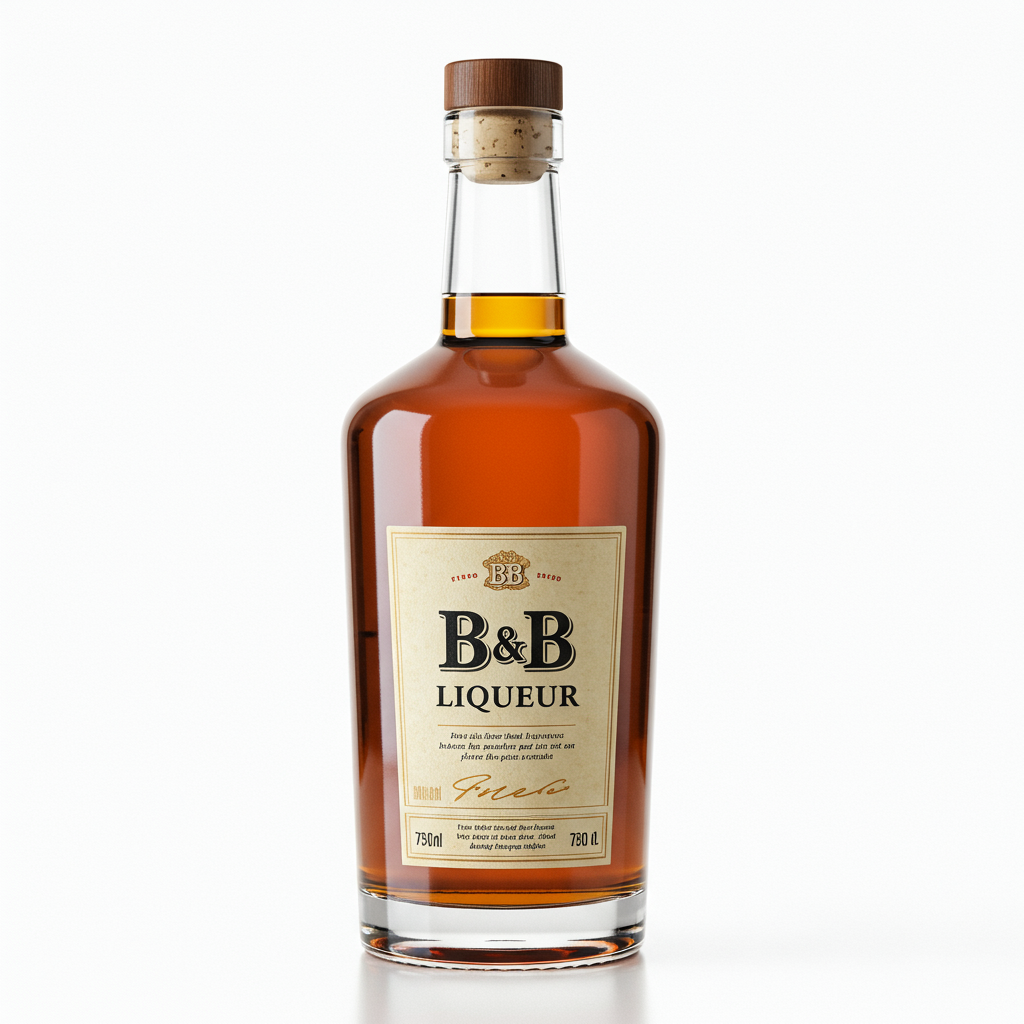
B&b Liqueur
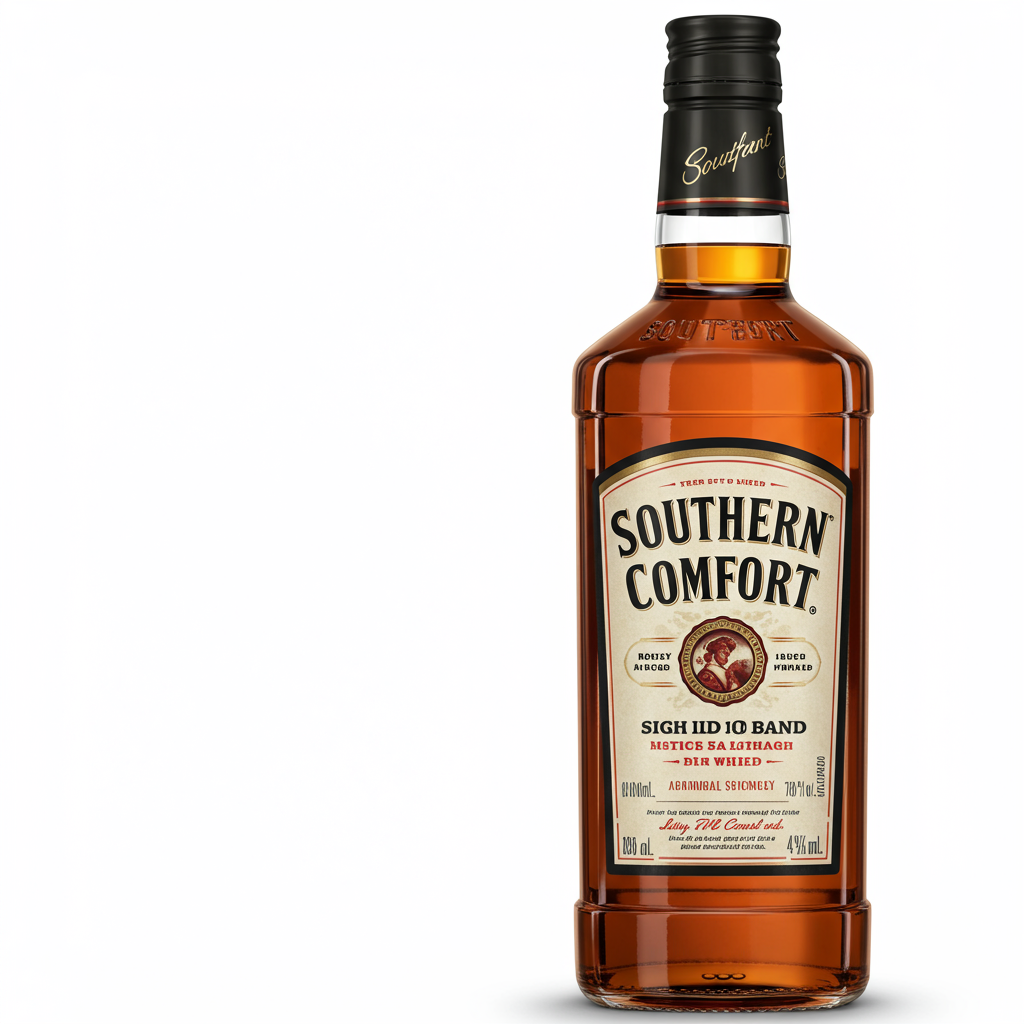
Whiskey Liqueur
See All
Health Info
Macros
Allowed on these diets
LOW FAT
HIGH CALCIUM
VEGETARIAN
KETO
LOW CARB
VEGAN
LACTOSE FREE
GLUTEN FREE

